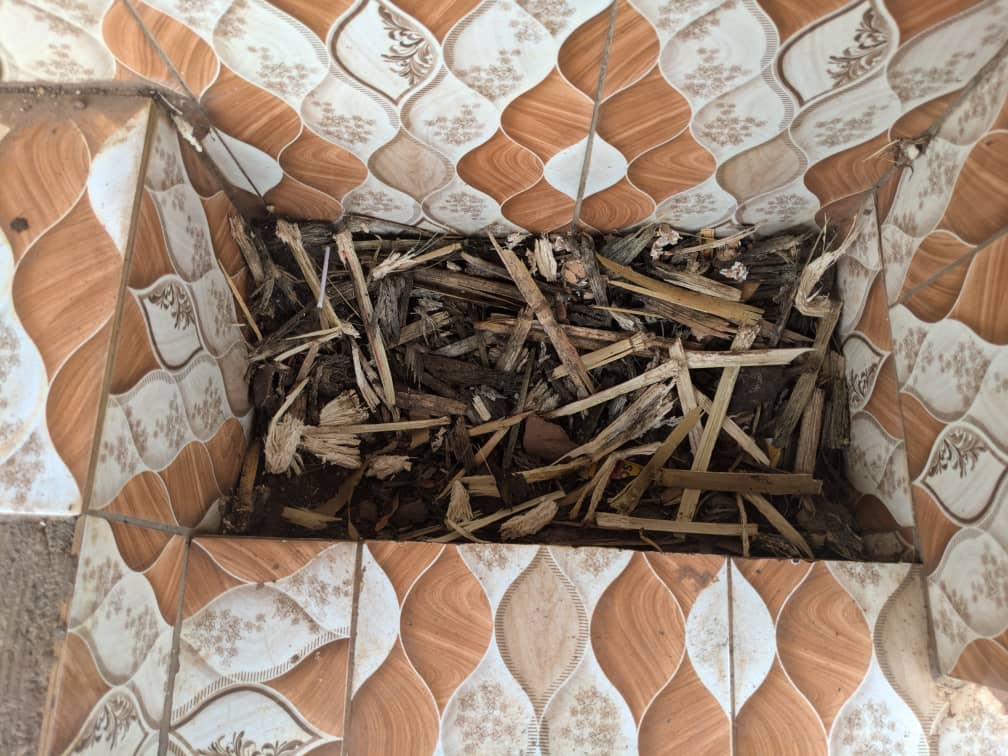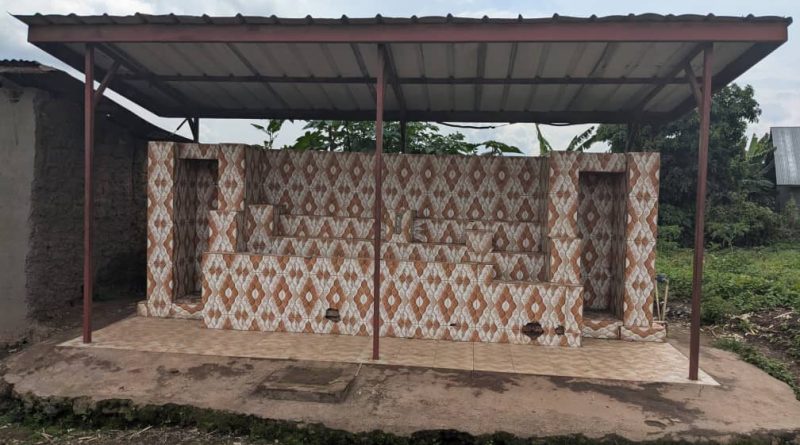Burera: Concerns Rise Over Neglected Handwashing Facility Turned Dump Site
A state-of-the-art handwashing facility built at the entrance of Rugarama Market in Rugarama Sector has fallen into disrepair, becoming a dumping ground for sugarcane waste and other trash. The facility, originally constructed to promote hygiene during the COVID-19 and Marburg outbreaks, now stands as a symbol of neglect.
This modern handwashing station was designed to help residents maintain hand hygiene, reducing the spread of infections through contact with contaminated surfaces or fluids. However, locals and market-goers in Gafumba Cell are alarmed by its current state, with some even repurposing it as a waste bin or public urinal.
Salaphine, a concerned resident, expressed her frustration:
“This handwashing station was instrumental during the fight against COVID-19. We used to wash our hands here before entering the market, knowing it greatly reduced the chances of infection. Now, it’s filthy and neglected, with the taps removed. This is unacceptable.
Even though the outbreaks are over, this place should remain clean and well-maintained because diseases can strike at any time. Neglecting it is a mistake—we need to preserve it as a preventive measure. The filth and misuse here are worrying, and if another outbreak occurs, we’ll be caught unprepared, like soldiers attacked without weapons.”

Manirafasha, another local, criticized those who misuse the facility:
“Imagine someone who knows the importance of this facility during past outbreaks now using it as a toilet. It’s outrageous! What’s even worse is that local leaders see this happening and do nothing. How can someone urinate here repeatedly without the village head or security officials noticing?
I urge residents to recognize the value of this facility and stop misusing it. Leaders must also step up to enforce discipline. This handwashing station is not a dump site or public toilet.”
Some residents voiced concerns about the facility’s location, noting its proximity to a popular restaurant, “AKABENZI,” owned by Ngerina. They fear that the misuse of the station could lead to health hazards for diners, potentially causing illnesses that may be hard to diagnose or treat.
Burera District Mayor Mukamana Sorine acknowledged the deteriorating condition of the handwashing facilities, many of which were built in high-traffic areas during the pandemic. She assured residents that the district is taking steps to restore them while encouraging continued use as a standard hygiene practice.
She stated:
“We have begun assessing all handwashing stations to repair and rehabilitate them since many have fallen into disrepair. However, we also urge residents to continue using these facilities, even in the absence of a health crisis.
Handwashing is not just for show; it’s a cultural practice we must adopt. Around 50% of diseases are spread through hand contamination, so let’s make hand hygiene a priority. While we’ll do our part to repair these facilities, residents must use and maintain them responsibly.”

The COVID-19 pandemic, which claimed many lives due to its rapid transmission through fluids and physical contact, was a wake-up call that led to the construction of these handwashing facilities. Alongside other preventive measures, handwashing became a crucial tool in reducing the spread of the virus.
When the Marburg outbreak emerged later, the existing COVID-19 measures helped contain it quickly. By November 2024, Rwanda was officially declared free of Marburg. Despite these victories, the neglect of these facilities raises concerns about preparedness for future health crises.

